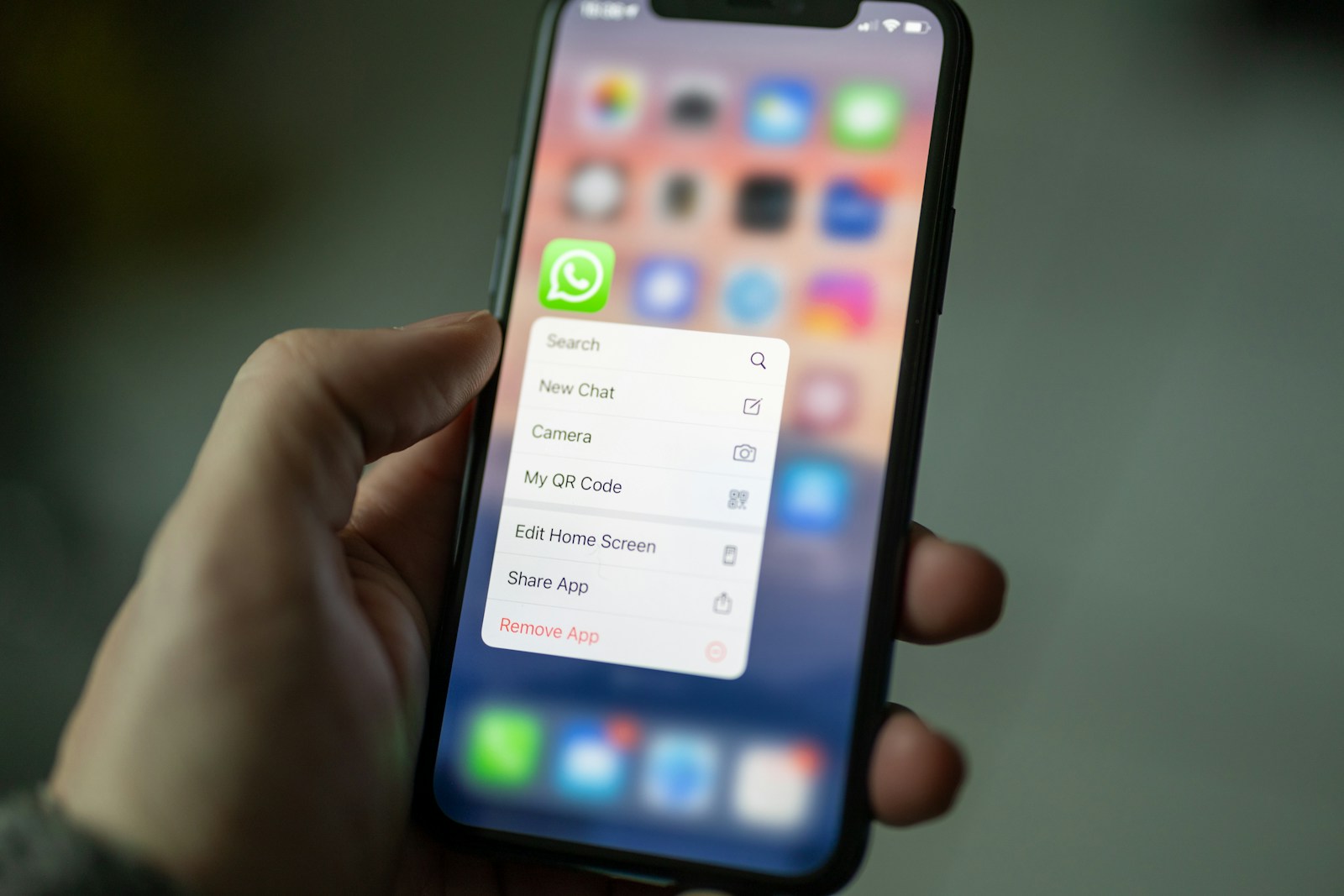Determining Pre-Existing Disputes Under Section 8(2)(a) of the IBC: The Vague WhatsApp Message don’t prove pre-existing dispute

In a significant ruling, the National Company Law Appellate Tribunal (NCLAT) has overturned a decision by the National Company Law Tribunal (NCLT) in an insolvency case involving Mrs. Leena Salot, the proprietor of Riddhim Textiles, and Ridham Synthetics Private Limited. The case highlights the complexities and nuances of insolvency proceedings under the Insolvency and Bankruptcy Code, 2016 (IBC). This article delves into the background of the case, the rival contentions, the legal provisions relied upon, and the final decision of the NCLAT.
Mrs. Leena Salot, operating under the proprietorship firm “Riddhim Textiles,” had a long-standing business relationship with Ridham Synthetics Private Limited, a corporate debtor. The relationship involved the supply and purchase of textile goods. However, disputes arose when Ridham Synthetics failed to pay an outstanding operational debt amounting to Rs. 1,36,06,646.70. After repeated attempts to recover the dues, Mrs. Salot filed a petition under Section 9 of the IBC to initiate the Corporate Insolvency Resolution Process (CIRP) against Ridham Synthetics. The NCLT dismissed the petition, leading to an appeal by Mrs. Salot to the NCLAT.
The NCLAT’s decision hinged on the interpretation of the debt and the existence of pre-existing disputes. Mrs. Salot argued that the NCLT erred in holding that there was no crystallized debt. She submitted that the outstanding amount was admitted by Ridham Synthetics in their ledger statements and through part payments. The total outstanding amount, even after excluding the disputed invoices, exceeded the statutory threshold of Rs. 1 crore. Mrs. Salot also contended that the Respondent had availed the benefit of Input Tax Credit under the CGST Act, 2017, indicating their acknowledgment of the invoices.
On the other hand, Ridham Synthetics denied the averments made by Mrs. Salot. They claimed that the invoices in question were either for goods not delivered or for goods of inferior quality. They argued that a WhatsApp message dated July 24, 2018, indicated a pre-existing dispute regarding the quality of goods, which was not addressed by Mrs. Salot. Ridham Synthetics also contended that the Appellant had invoked arbitration, acknowledging the existence of pre-existing disputes, and thus the Section 9 petition was not maintainable.
The NCLAT relied on several legal provisions and judgments in its analysis. Section 9 of the IBC allows an operational creditor to file an application for initiating the CIRP if the corporate debtor fails to pay the operational debt. The tribunal also referred to the judgment in Mobilox Innovations Pvt. Ltd. vs. Kirusa Software Pvt. Ltd., which laid down guidelines for determining pre-existing disputes under Section 8(2)(a) of the IBC. The NCLAT emphasized that disputes must be plausible and not merely feeble legal arguments.
In its analysis, the NCLAT found that the Respondent had acknowledged the debt in their ledger statements and through part payments. The outstanding amount, even after excluding the disputed invoices, exceeded the statutory threshold of Rs. 1 crore. The tribunal held that the Respondent’s defence of pre-existing disputes was not convincing. The WhatsApp message dated July 24, 2018, was vague and did not specify any particular invoices or amounts. The Respondent’s acknowledgment of the debt in subsequent emails and part payments indicated that the dispute was not genuine.
The NCLAT also noted that the NCLT had treated Ridham Synthetics as a financially solvent company without providing sufficient details or analysis. The tribunal referred to the judgment in HPCL Bio Fuels Ltd. vs. Shahji Bhanudas Bhad, which differentiated between debt recovery proceedings and resolution of a corporate debtor.
In conclusion, the NCLAT set aside the NCLT’s order and restored the original petition. The tribunal directed both parties to appear before the NCLT on July 14, 2025, for further action in accordance with the law. The NCLAT held that the NCLT had erred in rejecting the Section 9 application and that the Respondent had failed to provide sufficient evidence of pre-existing disputes. This decision underscores the importance of establishing a crystallized debt and the need for concrete evidence to support pre-existing disputes under the IBC.
For further details write to contact@indialaw.in
By entering the email address you agree to our Privacy Policy.



